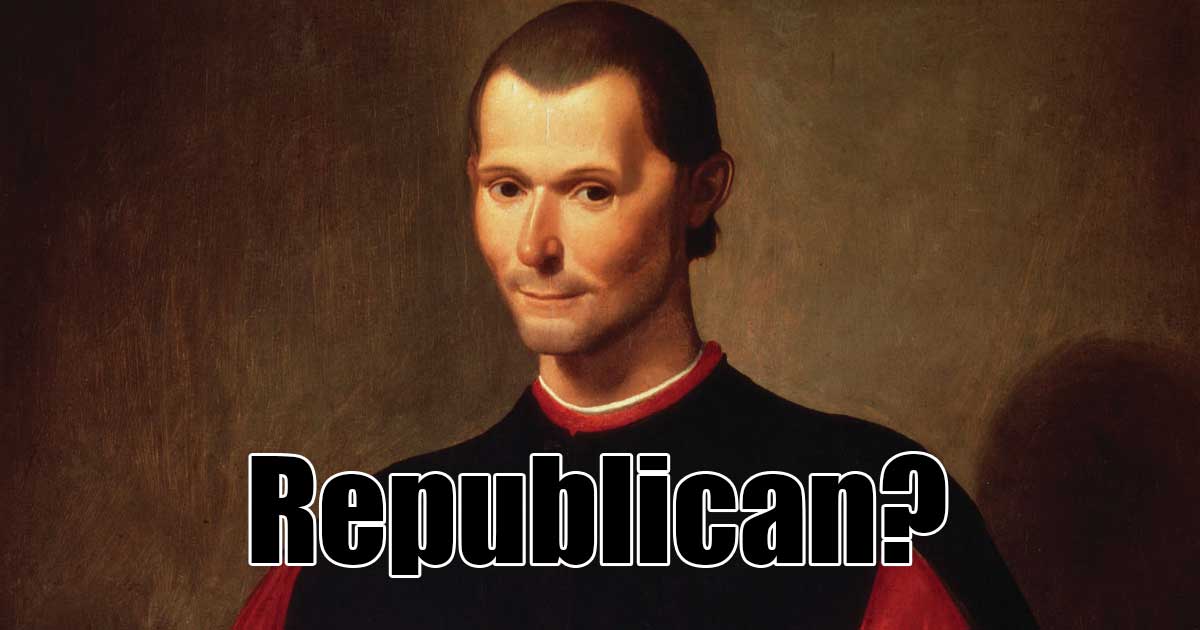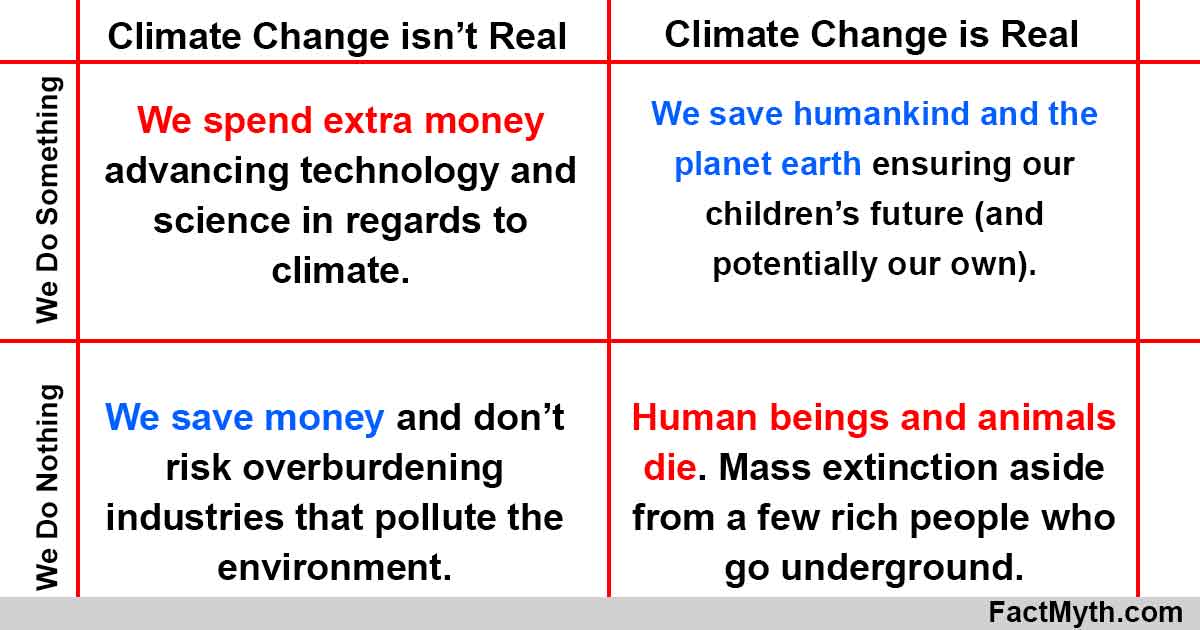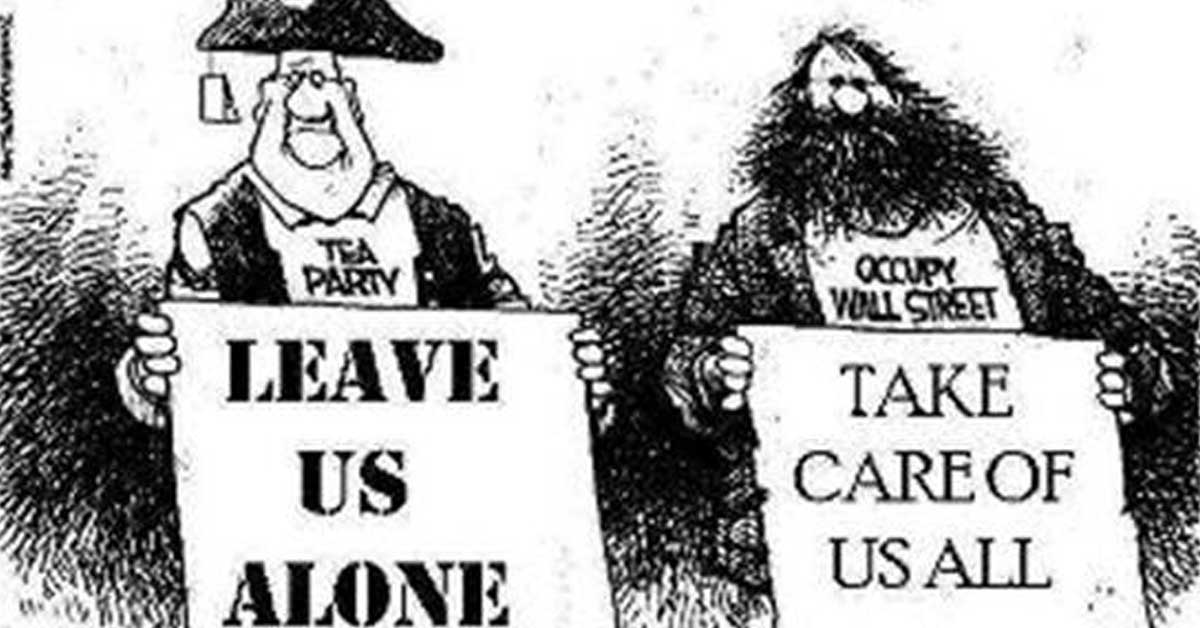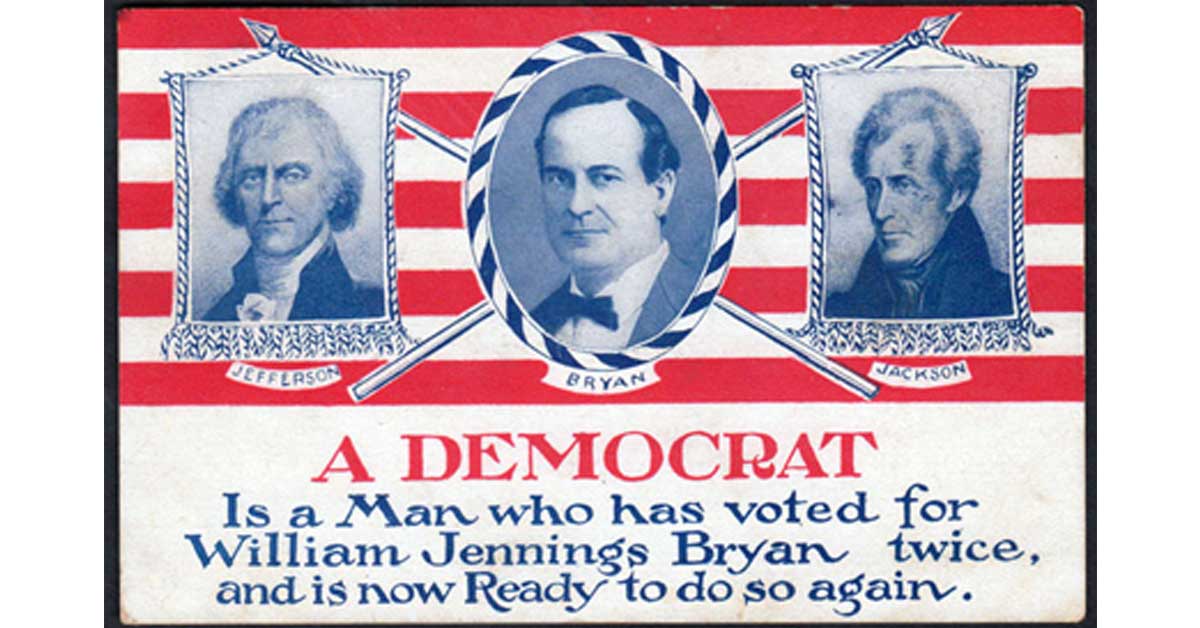What is a Republic?

We discuss Republics in general including the philosophy of republics, classical and modern republicanism, and real Republics in-action.
Political Science is the science of politics, or the science of the nation-state. It is the art of diplomacy, the study of ideas, ideologies, and influence, the science of strategy, economics, and rhetoric, and more. Perhaps political science is best summed up by Aristotle in his discussing of man’s role in creating the ideal nation-city-state:
“Political science aims at what is the highest of all goods achievable by action…. though it is worth while to attain the end [AKA happiness/arete/”the greatest good”/”the highest good”] merely for one man, it is finer and more godlike to attain it for a nation or for city-states. These, then, are the ends at which our inquiry aims, since it is political science, in one sense of that term.” – Aristotle on the meaning of life, virtue, morals, ethics, and the city-state, Nicomachean Ethics 350 BC

We discuss Republics in general including the philosophy of republics, classical and modern republicanism, and real Republics in-action.

To understand the climate change debate, it is important to clarify some confusion regarding climate change denial and skepticism.

In his Republic, Plato examines how Democracy can lead to Tyranny in a republic. We explain Plato’s theory as it pertains to democracy and tyranny.

Alternative facts describe inconsistent sets of information submitted as plausible evidence for competing sides of a case/debate/argument.

Reagan didn’t just say “Government is the problem,” he said, “In this present crisis, government is not the solution to our problem; government is the problem.”

Mussolini and Hitler were Authoritarian Nationalist Fascists. Although they both pulled their politics from many ideologies, they are best described as Fascists.

The modern Tea Party is a progressively conservative nativist protectionist populist movement that represent a response to globalism and progressive social liberalism.

The United States can be thought of as a union of diverse and sovereign regions, of sovereign people, who agree on the basic principles of democracy, republicanism, federalism, and liberalism in general.

Hitler was a National Socialist (NAZI). National Socialism is a type of fascism. Although National Socialism had some socialist and left-wing planks, it is a unique authoritarian, militant, and nationalist ideology separate from socialism or liberalism that is generally considered “far-right.”

Thomas Jefferson is credited with having said, “equal rights for all, special privileges for none,” a slogan that other progressive Democrats like Williams Jennings Bryan embraced.